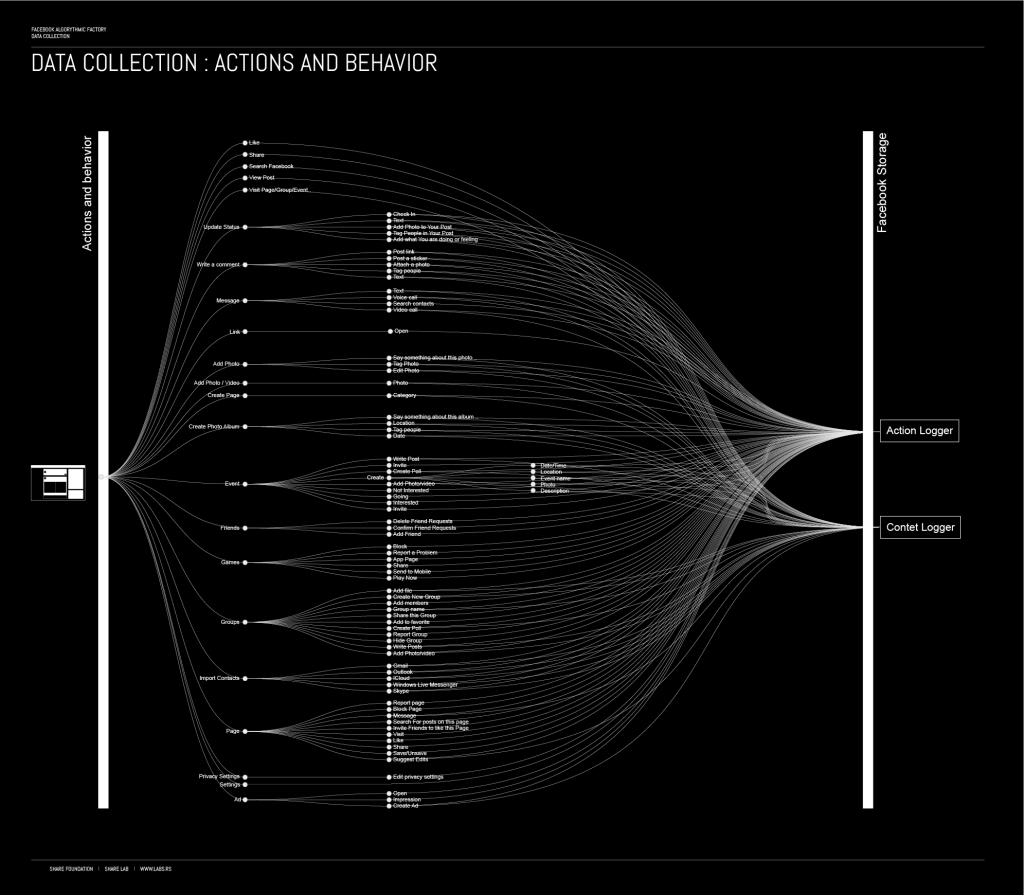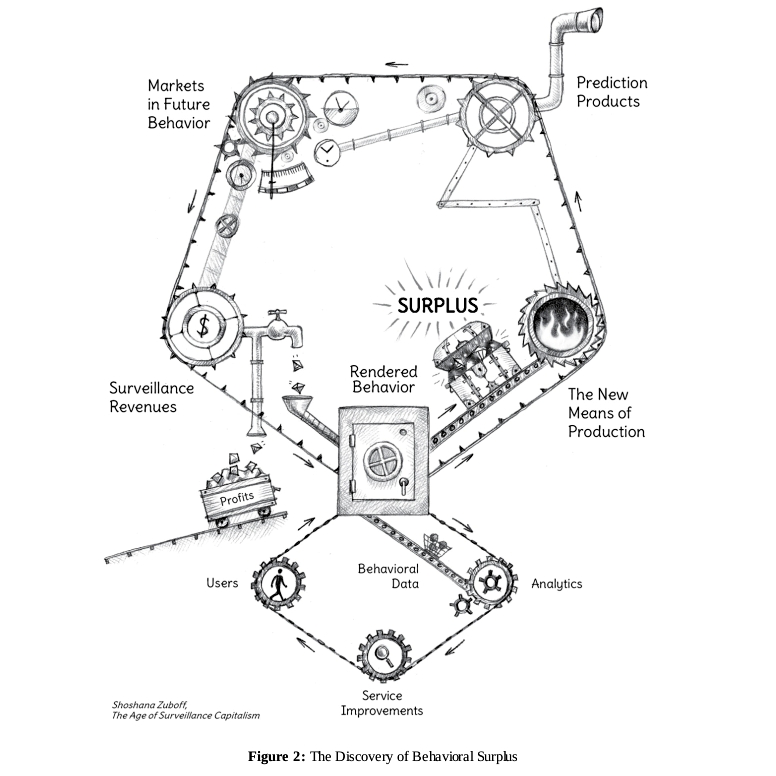When the political party votes for you: Can we have a fair election with surveillance political advertising?
A new regulation on online advertising was proposed last December to address political ads, which identifies in one definition, two techniques to deliver political ads: targeting and amplification.
A new regulation on online advertising was proposed last December to address political ads.
When discussing the political ads regulation, it is crucial to understand not only the legal framework but also what is the object of the regulation. Policymakers regulating political ads (or online ads in general) need to understand how our data are processed in order to define the best legal practices. In this case, it is important to explore how business models monetise our behaviour attention by collecting a huge volume of personal data. So, how do some tech companies use personal data to attract our attention and target us with political ads? These practices of online advertising are opaque and hidden from public scrutiny which makes it difficult for people to understand fully how the advertising processes online function.
The political ads regulation identifies in one definition, two techniques to deliver political ads: targeting and amplification. These are two different elements that work together in the same process.
Targeting: collect and analyse data
The regulation explains that targeting involves tailoring political advertisements to a specific person or group of individuals. To achieve this, there are two processes: the collection of data and the analysis of this data.
1. The collection of data includes both first-party data (data collected directly from the webpage) and third-party data (data extracted from other webpages). Both types of data involve personal data, sensitive data, contextual data, cookies data, etc. For instance, here you can see how many data-points Facebook collects from their web page. These are thousands of data points that not only include names, sentimental status, religions but also likes, shares, view posts, updates statues, events, etc.

2. The analysis stage entails the use of algorithms and artificial intelligence to organise and produce data capable to detect behavioural patterns, social connections, targeting specific audiences, and even inferring hidden characteristics that users are not willing to reveal such as addictions, illnesses or obsessions. Based on behavioural data, inferred data, and profiling, the analysis might include psychological targeting, predictive analysis and A/B testing. All of these mechanisms are useful to tailor advertising to very specific audiences.

Zuboff, Shoshana. This image explains that data flow produces more (inferred and behavioural) data in order to predict users’ behaviour.
Amplification: reaching the relevant audience
The regulation on political ads states that amplification aims at increasing the circulation, reach or visibility of a political advertisement. This process comes once the advertiser has found a specific target audience to reach. Based on the collection and analysis of massive amounts of data, an ad-deliver algorithm (also called ad-algorithms) will select specific individuals within the targeted audience to optimise the result and pair the voters’ profiles with the advertisement. The political ad will be delivered to the most “relevant audience” based on the criteria of the advertiser.
What does this mean in practice?
The recent case of the French presidential candidate Eric Zemmour is a good example of how political targeted ads can work. Thanks to a data broker, the people behind this political campaign were able to collect different types of data to target via SMS French Jewish voters with Islamophobic messages. Probably, data brokers did not even use sensitive data to tailor and reach French Jewish voters. Instead, it was only enough to use inferred data and contextual data (browser history, clicks on webpages, likes, shares, etc.). This means that an advertiser could find voters’ religion, phone number, citizen status and, very likely, their political sensibility through the collection and analysis of data by ad-algorithms.
Understanding how online advertising profiles us is key
The landscape of the use and analysis of data under the legal framework of political ads regulation shows that it is essential to understand how advertisers are using algorithms to profile and target us.
Therefore, first and foremost, we, as digital rights defenders, advocate for the phase-out of all surveillance-based advertising capable to target citizens based on sensitive and inferred data, in both targeting and amplification stages. In this process, transparency of online advertising practices is key in the political ads regulation. We need to understand how companies are processing our data and what information they are extracting from us. Finally, the political ads regulation should include new elements to address properly this industry. We adhere to the European Partnership for Democracy’s proposal with regard to the regulation which should define targeting and amplification as two different elements in order to understand the differences between both techniques.
These recommendations will allow for the improvement of the current standards and, as the European Commission admits, avoid the “detrimental effects on citizens’ fundamental rights and freedoms” caused by the increased use of personal and inferred data to target political messages to voters. Stay tuned for our work on the political ads regulation.
(Contribution by:)

- EDRi, “How online ads discriminate”, 2021
- European Partnership for Democracy, “Targeting and amplification in online political advertising”
- EDRi, “Targeted online: how big tech’s business model sells your deepest secrets for profits”, 2021
- EDRi, Civil Liberties union for Europe & Access Now, “Informing the disinfo debate: A policy guide for protecting human rights” 2021
- EPD, Open Government Partnership & Democratic Society, “Bolstering online political advertising in Europe”
- European Data Protection Supervisor, “Opinion 2/2022, on the proposal for regulation on the transparency and targeting on political advertising”
- Panoptykon, Who (really) targets you? Facebook in Polish elections campaign

